In America we are obsessed with categorizing race. A lot of times, during a conversation, in which something negative happened, physically or verbally someone will ask, “What were they?” Meaning what group were they from, what race were they from. There is also the attempt to deny seeing any race, “Oh I don’t know I don’t see these things…” which usually means the person talking is white and is uncomfortable talking about a black person’s race.
But how are Cape Verdeans seen and how do they see themselves?
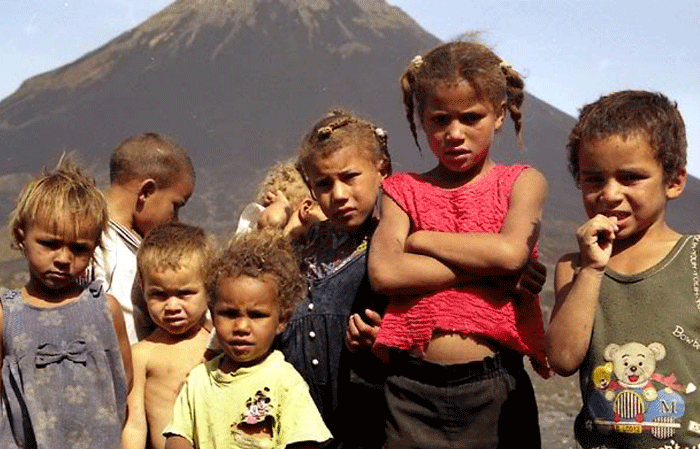
Without even asking, bits and pieces of information have been volunteered to me, as an outsider hinting at a tension within the community between light skinned Cape Verdeans and Dark skinned Cape Verdeans. Mixing of races isn’t a new thing, but mainstream America is starting to talk about it more or at least show it more, and the belief of many white Americans who are not used to mixing but also not against it, is that once everyone is mixed, then racism will fall away.
Cape Verdeans are a very mixed group of people and have been so for at least 500 years. So, is it true? Within the Cape Verdean community are people color blind?
From what I hear… yes and no.
But before going into that, I have some interesting stories of the U.S. military’s attempt at categorization.
The Woman I interviewed was in her mid 50’s and had been in the military for 22 years.
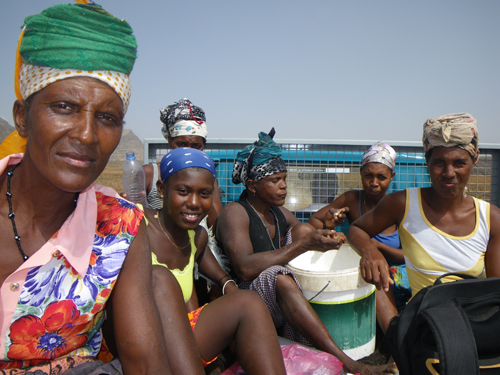
She had a family story about her father and his brothers joining the military. They were all fairly dark skinned Cape Verdeans. However, somehow through a name mix up her father was put into the “colored” section of the army and her uncles were in the white section. Now again, they were all fairly dark, although her father, who was in the colored army was lighter than the others.
His brothers told him that he had to fix it so that he could be in the white army.
But he ended up not wanting to. In the “Colored” army, he was given special treatment. He was treated white.
His brothers in the white army were treated “black” that is to say, they had a tougher time than anyone else.
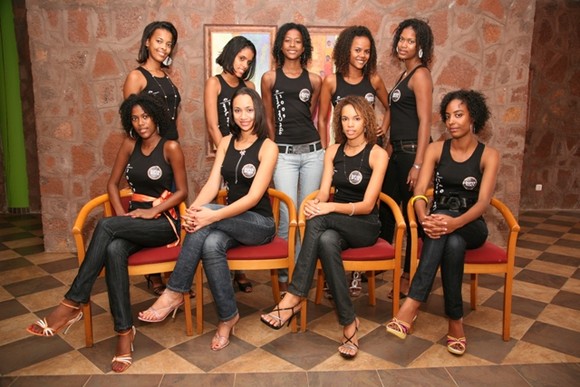
Since American society has been so based on race on the past and continues to be today, when coming in contact with a whole group of people who were all mixed, how does that fit into the broader American society?
The woman whom I interviewed grew up in Massachusetts. I asked her if she lived in a Cape Verdean Community and her answer was that growing up, she just thought everyone was Cape Verdean. So she couldn’t tell you if someone in the neighborhood was or was not. So in that way, she didn’t see race. On the other hand, she remembers hearing the word “colored” as a child and also saying that she wasn’t “Colored” but Cape Verdean. She is fairly light skinned, but you can tell she has a good amount of recent African genes. (Since we all know now that European and Asian genes are also African in origin).
What is becoming apparent is that a lot of pretty dark Cape Verdeans considered themselves white in the past and tried to blend in with society by even changing or modifying their last names to a more American version of the name. Some from the old generation of Cape Verdean Americans still consider themselves more white than black.
The story above was about this woman’s Father’s military experience.
Next week we can talk about her own experience .
I was pretty surprised that some of the things she told me happened in the 1980’s and not the 1960’s. And some things were just amazingly interesting no matter what decade they would have happened in. In many ways, studying the Cape Verdean Community we can look into the future of what America will look and think like.

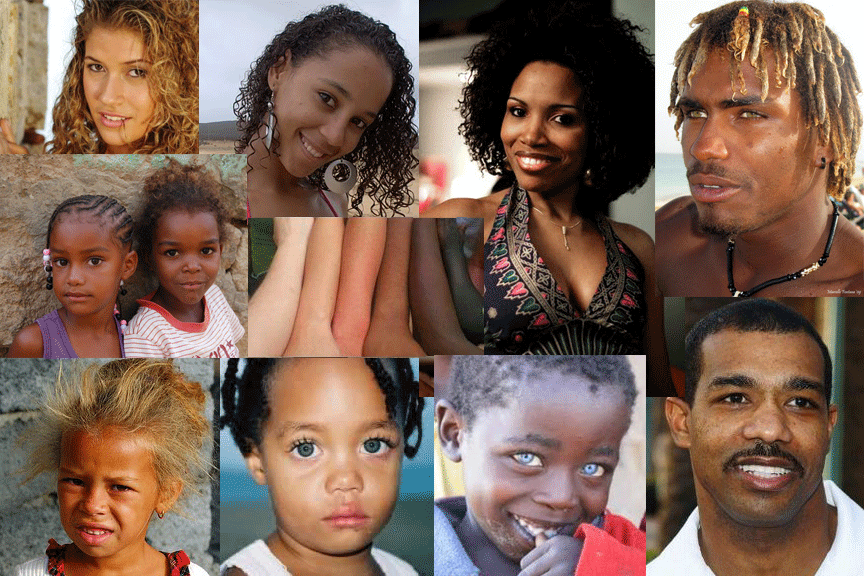
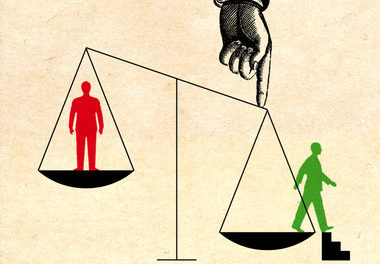
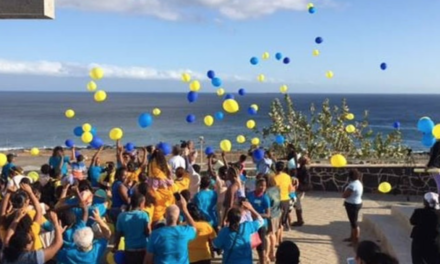

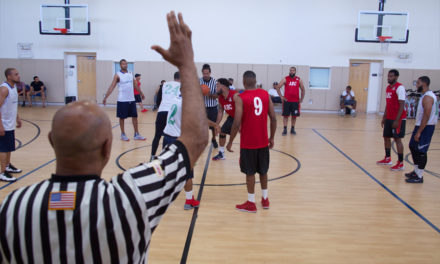
Great piece. This reminds me of Horace Silver, the jazz musician. The story is that his father had immigrated to America from Cape Verde through Ellis Island in NY. The myth goes that when you came through there, your name was at the mercy of the immigration official who processed you. It was common for a “Silva” to become a more anglo-sounding “Silver”
Wow! I have to read up on that. There’s so much to learn
Yes, I have also heard the same stories as to why blood relatives have the same name but spelled differently.
This is not new or american.my second wifes father was from Puerto Rico and they did somthing called “the big mix”. This was supposed to resolve the racial problems between whites,blacks and caribe indians. It didn’t work to well.